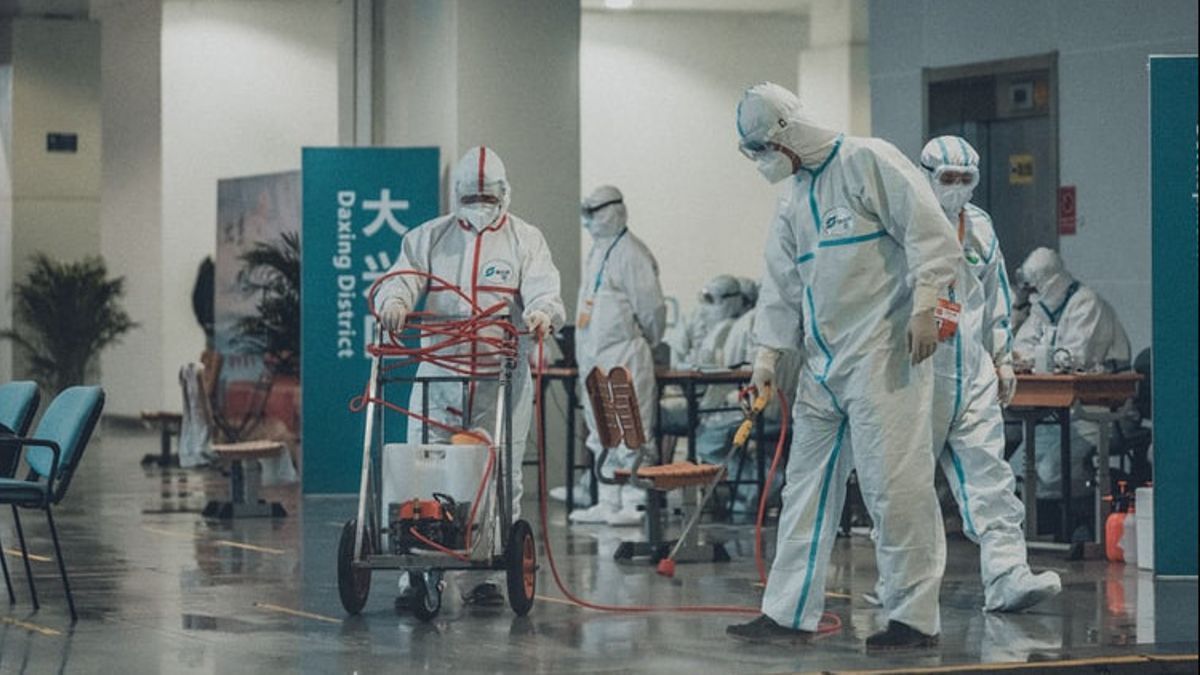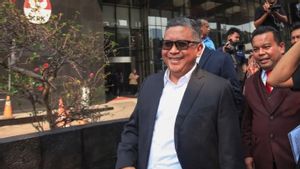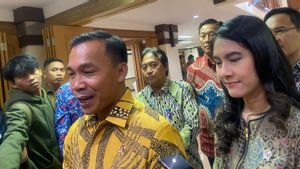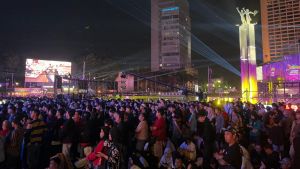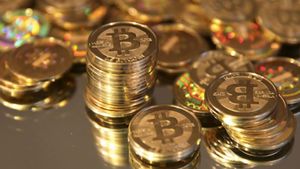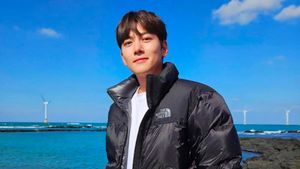JAKARTA - China has been in the spotlight this year. This country was the source of a pandemic that has disrupted the world. But that narrative may shift as China currently positions itself as a global leader in fighting the disease. China said that they'll offer loans and priority access to the vaccines that are currently under development.
Quoted from SCMP, August 4, the vaccine that is being developed in China is one of the most advanced. Both in terms of safety and effectiveness in fighting the pandemic. Chinese diplomats said that if it's successful, the vaccine will be available globally. That promise was also made by President Xi Jinping at a meeting of the government institutions of the World Health Organization (WHO) in May.
The guarantee comes as several vaccines around the world have entered their final, large-scale trial phase. However, the supply shortages for approved products tend to persist for months or even years due to manufacturing constraints.
Rich countries, including the United States (US), UK, and Japan made deals with pharmaceutical developers to put their own citizens first once a vaccine is available. "China will not act like some countries and seek a monopoly or buy vaccines," said Chinese Foreign Ministry spokesperson, Hua Chunying.
However, the Chinese government hasn't explained how will they work with local companies - both state-owned and private - to fulfill its vision of providing immunizations globally. That is because China must also provide vaccines for its own population of 1.4 billion people.
So far, China is not part of Covax, a UN-backed mechanism to ensure fair distribution of vaccines to participating countries, including those who are unable to afford it. But China has made bids to developing countries.
Nepal, Afghanistan, Pakistan, and the Philippines are other countries that could benefit from vaccines made in China. Chinese Foreign Minister Wang Yi offered a US$ 1 billion loan to Latin American and the Caribbean to purchase a potential COVID-19 vaccine.
Meanwhile, in June, Chinese President, Xi Jinping, said that African countries would also get priority vaccine access. "Once the development and deployment of the COVID-19 vaccine is complete in China."
Vaccine Diplomacy
Helping low and middle-income countries get access to vaccines can be a driver of China's position on the international scene. This was conveyed by Yanzhong Huang, senior global health fellow at the Council on Foreign Relations in New York.
"If China plays 'vaccine diplomacy', this will help China's soft power project. It also will help China revitalize the implementation of One Belt," he said, referring to China's flagship infrastructure and global trade projects.
With the recent increase in COVID-19 cases in China's western region of Xinjiang, following another case in Beijing earlier this summer, it is imperative that Chinese authorities provide a vaccine. However, Huang said that China is still able to allocate vaccines to foreign countries while launching a vaccination campaign in its country.
Several major Chinese producers are contributing to the vaccination campaign run by the United Nations. In 2019, the Hepatitis A, polio, and pneumococcal vaccines from three Chinese companies were purchased by UNICEF. It plays a major role in global child immunization.
Two companies are currently conducting final-stage COVID-19 vaccine trials: Sinovac and the Sinopharm-affiliated Beijing Institute of Biological Products. Those two companies have received WHO prequalification status. The certification means that the quality of the products is high. The products are qualified for the bulk purchase of the WHO-affiliated vaccination program.
Companies with qualifications can be selected to move quickly for the COVID-19 vaccine if it's proven successful. But because of the extreme demand expected for each COVID-19 vaccine, different state regulatory agencies are able to approve a Chinese vaccine without WHO intervention. It opens up more markets for Chinese products.
But on the other hand, China's vaccine industry has also been rocked by several scandals in recent years. This includes the sub-standard vaccines for childhood immunizations. The new vaccine-tightening industry regulations were implemented in 2019.
"There will definitely be concerns, given the history we have seen with vaccine-related scandals in China," said the Council on Foreign Relations of China. However, in recent years, the industry as a whole has become more competitive.
"China is very aware of developing a vaccine (for COVID-19) that safety is very important," he concluded.
The English, Chinese, Japanese, Arabic, and French versions are automatically generated by the AI. So there may still be inaccuracies in translating, please always see Indonesian as our main language. (system supported by DigitalSiber.id)
